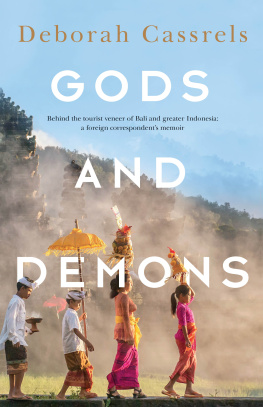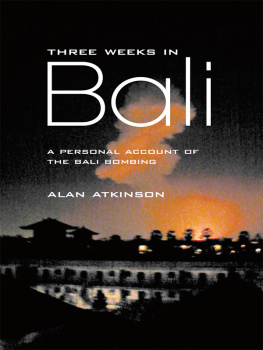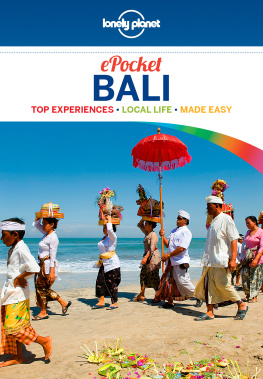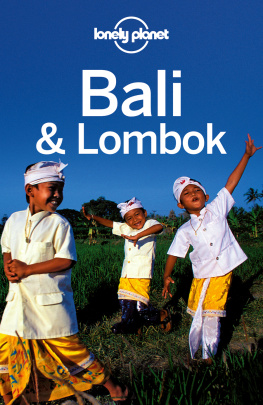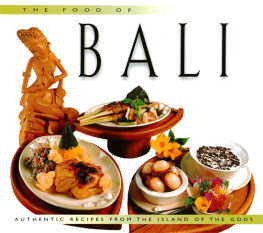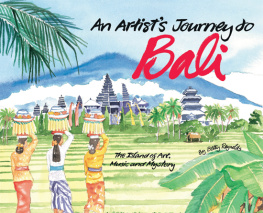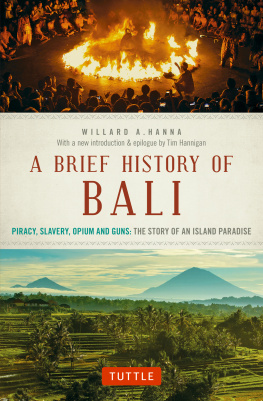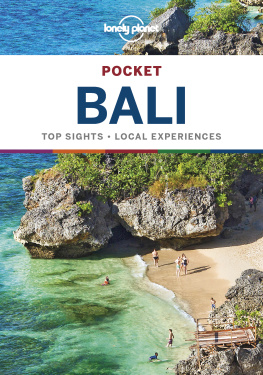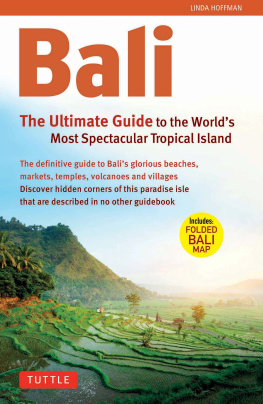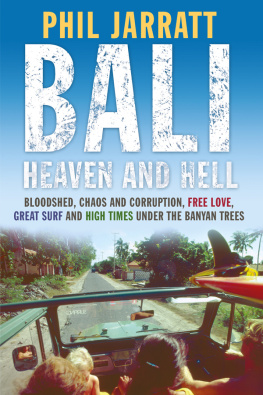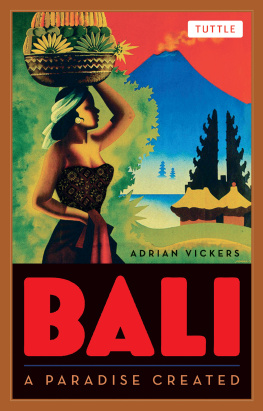Contents
Guide
For Jake and Ruby
The ABC Wave device is a trademark of the Australian Broadcasting Corporation and is used under licence by HarperCollinsPublishers Australia.
HarperCollinsPublishers
Australia Brazil Canada France Germany Holland Hungary India Italy Japan Mexico New Zealand Poland Spain Sweden Switzerland United Kingdom United States of America
First published in Australia in 2020
by HarperCollinsPublishers Australia Pty Limited
Level 13, 201 Elizabeth Street, Sydney NSW 2000
ABN 36 009 913 517
harpercollins.com.au
Copyright Deborah Cassrels 2020
The right of Deborah Cassrels to be identified as the author of this work has been asserted by her in accordance with the Copyright Amendment (Moral Rights) Act 2000.
This work is copyright. Apart from any use as permitted under the Copyright Act 1968, no part may be reproduced, copied, scanned, stored in a retrieval system, recorded, or transmitted, in any form or by any means, without the prior written permission of the publisher.
HarperCollinsPublishers
Level 13, 201 Elizabeth Street, Sydney, NSW 2000, Australia
Unit D1, 63 Apollo Drive, Rosedale 0632, Auckland, New Zealand
A 75, Sector 57, Noida, Uttar Pradesh 201 301, India
1 London Bridge Street, London SE1 9GF, United Kingdom
Bay Adelaide Centre, East Tower, 22 Adelaide Street West, 41st Floor, Toronto, Ontario, M5H 4E3, Canada
195 Broadway, New York, NY 10007, USA
ISBN 978 0 7333 3890 8 (pbk)
ISBN 978 1 4607 0913 9 (ebook)
A catalogue record for this book is available from the National Library of Australia.
Cover design by Hazel Lam, HarperCollins Design Studio
Cover image by Cheryl Ramalho /Getty Images
Photograph of Deborah Cassrels by Sonny Tumbelaka
contents
Indonesia defies definition, almost. Its diversity is its identity. Unfortunately, there are some who cannot tolerate that reality and thats why theres a sense of wanting to impose identity politics. There has never been in our history a suggestion to define our identity by uniformity more by our diversity.
Marty Natalegawa, former Indonesian foreign minister, 2018
I didnt travel to Indonesia with huge expectations; rather it was in the spirit of possibility, self-preservation, adventure and an abiding interest in the unknown. I had worked in many countries, and it was in this peripatetic vein that I set out.
Then there was the other variable hope. I was looking to clear the cobwebs and stagnation that follows a relationship breakdown.
If people in Indonesia inquired about a plan, I was in limbo. I was dipping my toes in the unknown. In the process, I created a new life for myself. I saw things afresh, became absorbed and found my journalistic feet.
As short holidays morphed into months on an island that took me by storm, so the possibilities widened. Writing for The Australian, the paper on which I had worked in many capacities largely since the 1980s, I had a broad canvas on which to cover sometimes tumultuous and invariably fascinating narratives.
I had arrived in Bali with little knowledge of Indonesia, one suitcase and a finite list of story ideas. My language tutor in Australia, who had a long career teaching officials posted to Indonesia, had pulled out a map and quizzed me on the nations vast and sprawling geography. Nothing was familiar. But once I was ensconced, the nation-state took on real proportions. Its magnitude, people, diversity, struggles and beauty drew me in. Straddling both sides of the equator, it comprises 17,500 islands and hundreds of islets. The worlds most populous Muslim-majority nation, with 273 million people, it is the largest archipelagic country in the world. In appearance, ethnicity, culture, politics and religion and, not least, food the fledgling democracy was wildly eclectic and intoxicating.
My stories loosely segued from politics to terrorism to court dramas to travel. From Javanese extremist enclaves I boarded majestic Sulawesi pinisi schooners for remote, eastern islands. The spice-growing Malukus, West Papua, Flores, Lombok and others yielded a microcosm of the resplendent, shambolic archipelago.
As configurations of this complex nation grew more familiar, I came to see Bali as a tenuous part of a giant chameleon. The archipelagic chain, variously prone to outbreaks of ethno-religious conflict and natural disasters, was interconnected historically and culturally. Lurching from one mammoth challenge to the next, the country rumbled along.
In Lombok, Balis eastern neighbour, I met expatriates who had been forced off their properties, their houses burnt down. Land feuds were common among locals too, and flare-ups broke out unpredictably. Lombok was branded cowboy country.
But if all of the Indonesian islands were in a beauty contest, Lombok would be a contender for first place.
On assignment to Manado, on North Sulawesis jungly northern tip, south of the Philippines, I was stunned by a different emerald beauty, its Christian stronghold and Jewish sanctuary and by the distance from Bali. My midday flight returned to Bali at two the following morning, after refuelling in Jakarta. I could have travelled to another country.
A few months into my Bali tenure, I saw the challenges of the developing world mainly as an adventure. I was enamoured of many things, including my large garden villa with staff. Never a fan of high-rises, I felt grounded in my tropical surroundings.
When I moved to a new abode, I was beset by daily power outages. And the odd rat ran amok on those occasions, I enlisted staff help. We would entice the rodent into a rubbish bag, then bash it until it was stone dead. In another ploy, a guard dog was unleashed on a hunt through my villa, much to the excitement of the owners, a local family.
More seriously, I was run down by a motorbike rider who had belted towards me on a severely degraded tourist thoroughfare.
Stories imbued with potent social and political trajectories seemed to fall into my lap. Frequently it was a case of sliding doors: one contact or story led to another. A web of connections, even from remotest Indonesia, would strangely lead to the person I sought. It was as if the thought triggered its manifestation what sort of magic was this? With minimal effort, casts of interviewees would fall into place, frequently generating several different stories during one remote assignment.
The broad range and depth of subjects I covered over my years in Indonesia always left me hankering for more. The juggling of hard news, feature and magazine writing was a rewarding discipline. I never took days off, as such. There were natural troughs. A non-journalist friend once asked me, Do you remember all of the stories youve written? I thought it was an odd question, given stories are more than memories; theyre part of me, an intrinsic part of my life. In addition, my archives scores of notebooks, diaries and tapes bear witness. Behind each story is the research that I like to think remains largely indelible.
This book isnt only about the joy of a new journey, with the grab-bag of quirky surprises encountered and relationships made along the way. Its about mystery, power, corruption, violence, loss and unnecessary death. Deaths of Indonesians. Deaths of foreigners far from home, killed in abhorrent ways, and the devastating aftermaths.
Next page
